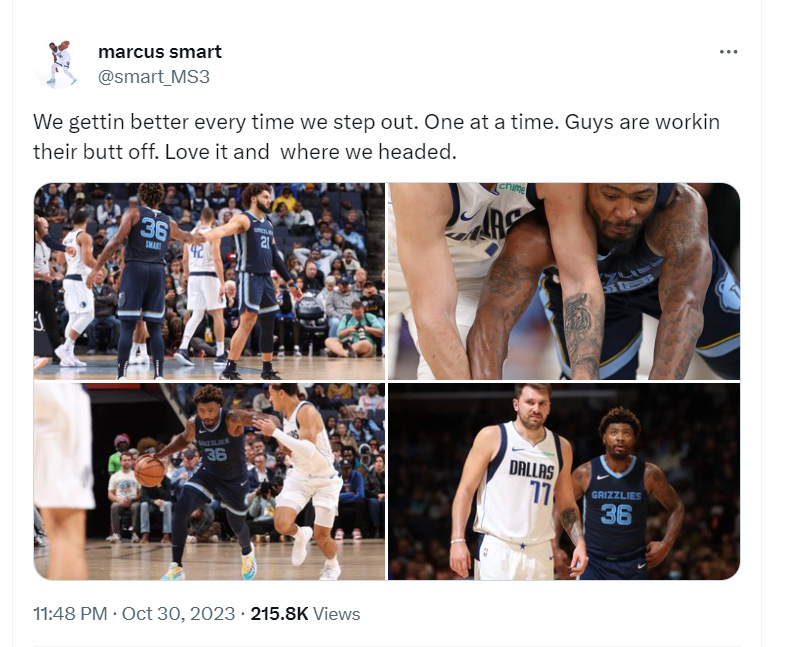Even before David Cousar passed away last Thursday at 73, after struggling with cancer, social media was overflowing with tributes to him from fellow musicians, friends, and fans who were touched by his art. The gifted guitarist, songwriter, and singer was also a gifted writer who had shared his journey through the illness with poetic, philosophical, and humorous posts for at least three years, and now the community was staying with him through the endgame. While some misinterpreted the flood of memories to mean that he’d died already, he was weak but relishing the earliest wave of shout-outs.
“He would have been seeing them through Tuesday,” recalls his wife Janet Holloway Cousar of the numerous posts. “But he went really fast. He was alert and we were talking, and he knew everybody was posting things on Wednesday, but he wanted me to read them to him later. And there just wasn’t a later.”
Still, the many memories were a moving tribute to a music-maker known for his blend of spontaneity and discipline, restraint and audacity, in equal measures, and sharing them was clearly cathartic for the local music community. The posts continued even after Bob Mehr’s thoughtful obituary was published last Friday, as people struggled to come to terms with the loss of Cousar’s sprawling, omnivorous talent. His playing had a depth and breadth that was both instantly engaging and difficult to fathom.
Saxophonist Jim Spake was among the first to encounter Cousar’s talent, back in the wild frontier of the 1970s, when musical genres were arguably less siloed than in the current era. “I was in my first or second year of college when Doug Garrison introduced me to him. And we started playing gigs together by ’75 or ’76. He was already more seasoned by then. He was seven years older than me, but he didn’t seem that much older. He was always really youthful acting and looking.”

Even then, Spake witnessed Cousar’s venturesome spirit, his appetite for learning and expanding his horizons. “He loved Wes Montgomery, Ry Cooder, and Taj Mahal, and the way they would reimagine pop standards,” Spake recalls. “He would do Joni Mitchell songs. His ears were always open to stuff that was new to him, always looking for new sounds to incorporate into his own music, you know, even in his formative years of music playing. He came up to visit me in Boston when I was at Berklee [College of Music], and slept on my floor. While he was there he hunted down Pat Metheny and got a lesson with him. David was pretty over the moon about that because Pat Metheny was brand-new then; he was new and fresh. A lot of people hadn’t even heard him yet. Back then you could still do this.”
Though self-taught on guitar, Cousar was a disciplined student of the instrument. “He started out as a young rocker, but he took those Berklee correspondence courses and that was back when it was done by mail. That was sometime in the ’70s,” recalls Spake. “He struck me as somebody who always was looking for ways to improve.”
Later in life, he would share his studies of everything from “Minuet I” by Sylvius Leopold Weiss to klezmer music. That in turn filtered into the imaginative playing he brought to other artists’ music, ranging from Al Green to Amy LaVere to Marcella Simien and beyond. He also had a fine-tuned understanding of Caribbean music, from reggae to Bahamian folk auteur Joseph Spence. His knowledge of such music grew exponentially during the many years he spent in Florida.
“He played with this white reggae band in Florida called Lazy Day, and they would play in the Keys as well,” recalls Spake. That heavily influenced the material covered in one of Cousar’s earliest Memphis bands, the Bluebeats, formed in the early ’80s, which also included Spake. “I was already into reggae. And you know, I think we played some pretty good stuff. I’m sure there was too much Bob Marley, but also some more obscure stuff like the Melodians.”

That group would become a fixture at Jefferson Square, the Bombay Bicycle Club, and other venues for years, but Cousar was also sitting in with the many ad hoc groups that played in Memphis at the time, including the Midtown Jazzmobile. Yet what many fans treasured most were his solo shows, notably at The Buccaneer before its demise, where Cousar’s playful spirit could have full rein. Such moments were testaments to the singer’s spontaneity, as with this reimagining of Prince’s “Little Red Corvette.”
This venturesome, eclectic spirit stayed with Cousar until the end. As his wife Janet recalls, “he played his guitar up until the last few weeks of his life, playing classical, jazz, and his own songs.” He also read and listened to music voraciously, listening to Marc Ribot, Neil Young, B.B. King, Wayne Shorter, and Ry Cooder as his health failed. “He was always devouring information,” Janet notes, adding that his last readings included The Wind-Up Bird Chronicle by Haruki Murakami and The Pleasure of Finding Things Out by Richard P. Feynman — a perfect title to sum up Cousar’s approach to life.
The story of Janet’s presence in his life reads like a novel in itself. As she describes their first encounter in the ’80s, “I met him and it was just love at first sight. We went out on a date and we were living together from that point on for four and a half years. He was the love of my life and vice versa.”
Yet lifestyle differences came between them, and they went their separate ways for decades. By the time Janet found herself free to start seeing him again, Cousar was already ill, but that didn’t dampen their mutual passion in the least. “We never got back together until a little over a year and a half ago,” she recalls, noting her divorce from her then-husband at the time. After that, “I called David, knowing he was sick and did not have long. I wanted to spend whatever time could with him. And you know, he was just happy as can be. Nothing had changed!”
It was a charmed moment for them both. “When we started getting back together, he wasn’t playing. He wasn’t really talking to a lot of people. Though at least his friends would message him or text him just out of the blue, saying how much they loved him.” Cousar ultimately rallied to play on recordings by Billy Swan at Southern Grooves studio this January and in a series of Murphy’s shows with Rick Steff and Shawn Zorn this summer.
Meanwhile, his health issues brought practical concerns that complicated the romance. “When you’re sick and you’re on Medicaid, you don’t want to lose it. We started talking about getting married in February of this past year, but every time I got closer, I was like, ‘I don’t want you to lose your insurance.’ So we waited. We almost waited too late, but I’m so glad we got married. It just means everything.” They had a small bedside ceremony officiated by their close friend Susan Marshall on October 22nd. “He was very sick,” recalls Janet, “but he rallied for that day.”
Since Cousar’s passing, Janet, who works in the medical industry, has been acutely aware of the dire healthcare issues confronting musicians like her late husband. “If I could just get a group of doctors who are fans of music, who would agree to do screenings or something … I just feel very, very passionate about getting people to a point where they feel comfortable going to the doctor,” Janet muses. Fellow musician Vicki Loveland has set up a GoFundMe campaign focused not only on funding a memorial to Cousar at Elmwood Cemetery, but assisting other musicians. “After David’s final expenses are covered,” reads the GoFundMe page, “the family will donate all future donations from this campaign to MusiCares in memory of David,” referring to the medical assistance fund for musicians set up by the Recording Academy.
Meanwhile, Janet Cousar is left picking up the pieces, reflecting on the Renaissance man she knew so well. “David had an amazing philosophy on life,” she muses. “He only looked forward and never back. He lived with hope instead of regret. He encouraged me not to be sad where we were, but look forward to what life we had left. He saw beauty in the mundane that most people don’t notice. Up until the day he passed away he talked about where we would go for our honeymoon. In every step he took in life, he was a true artist.”




























